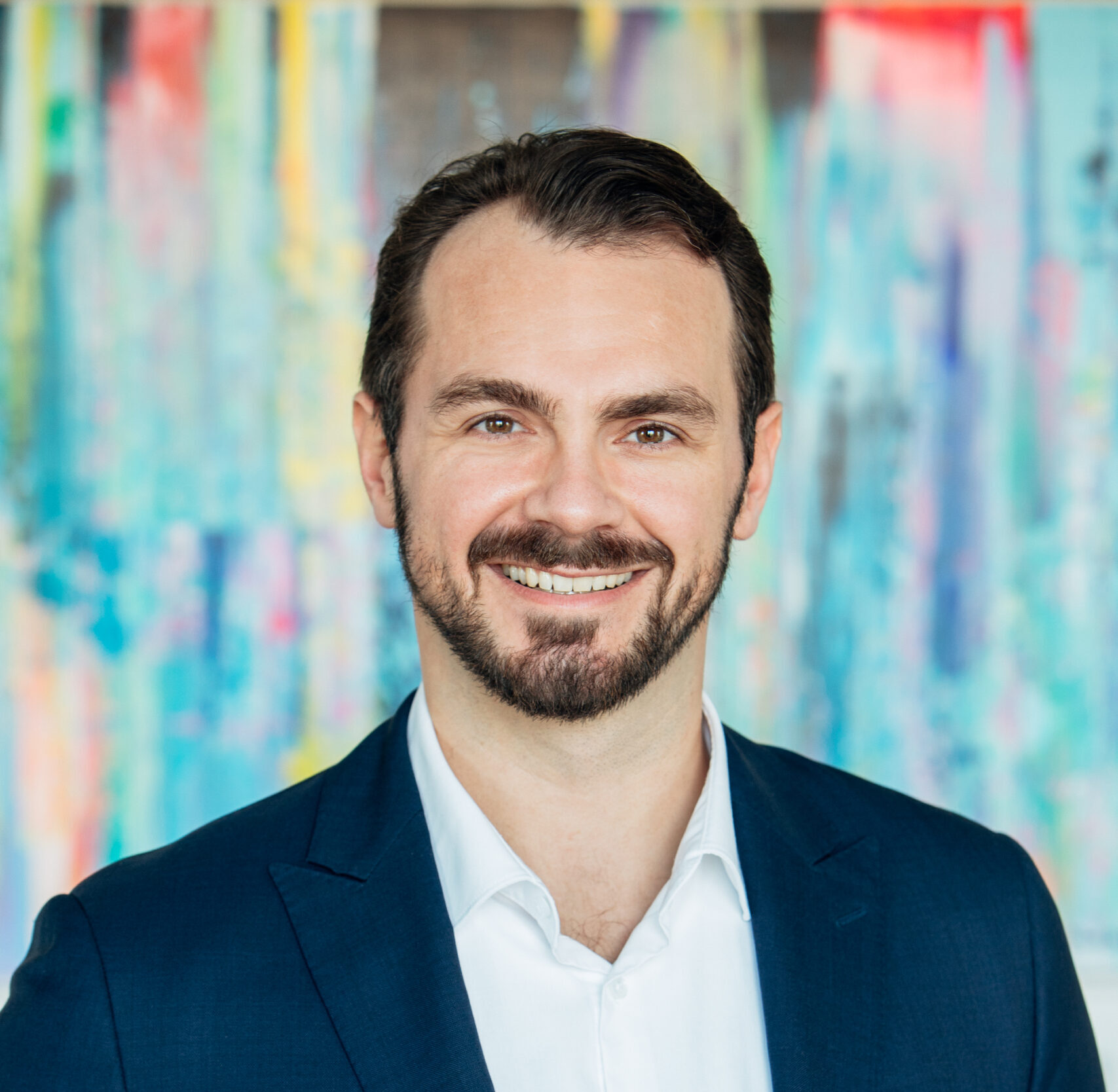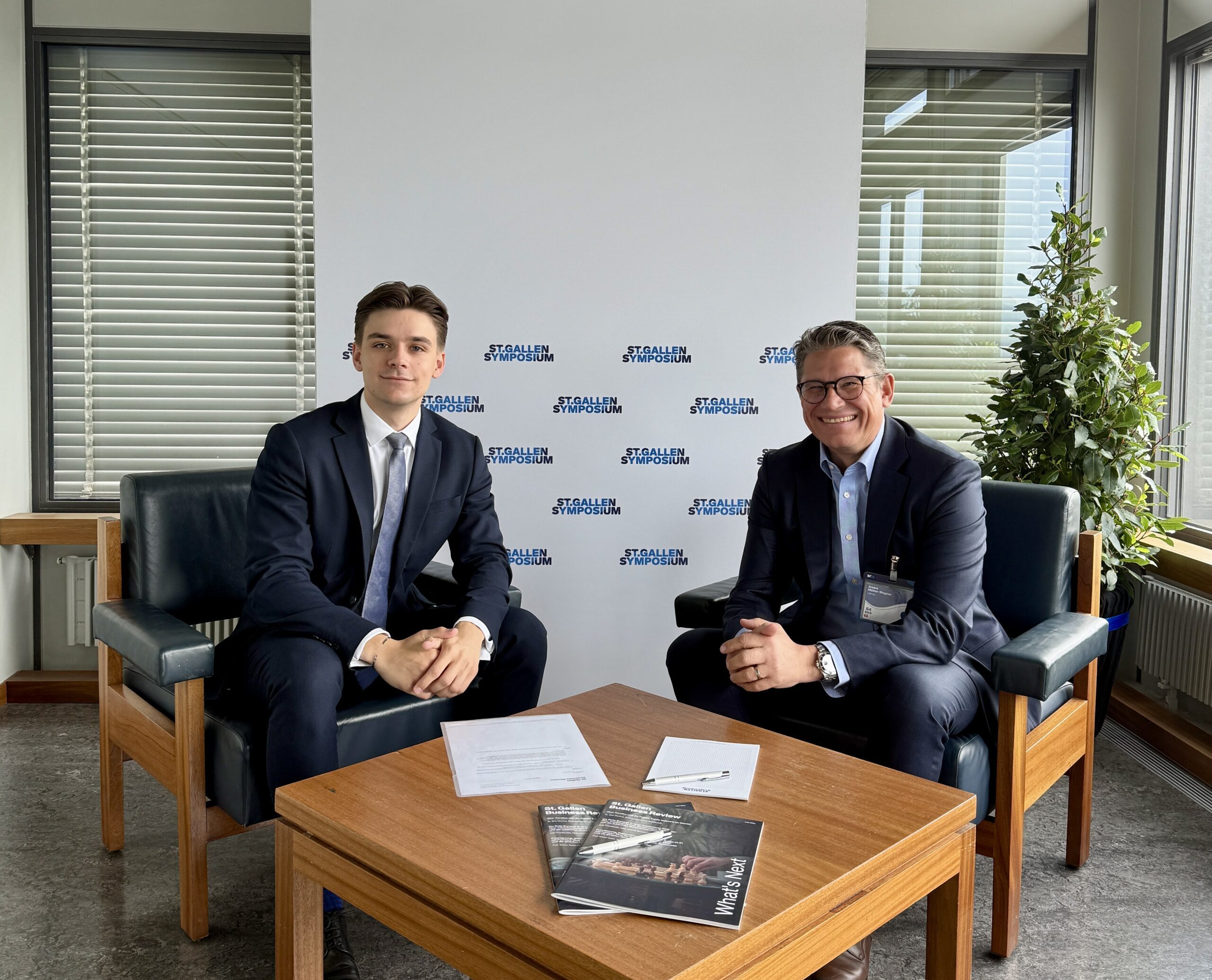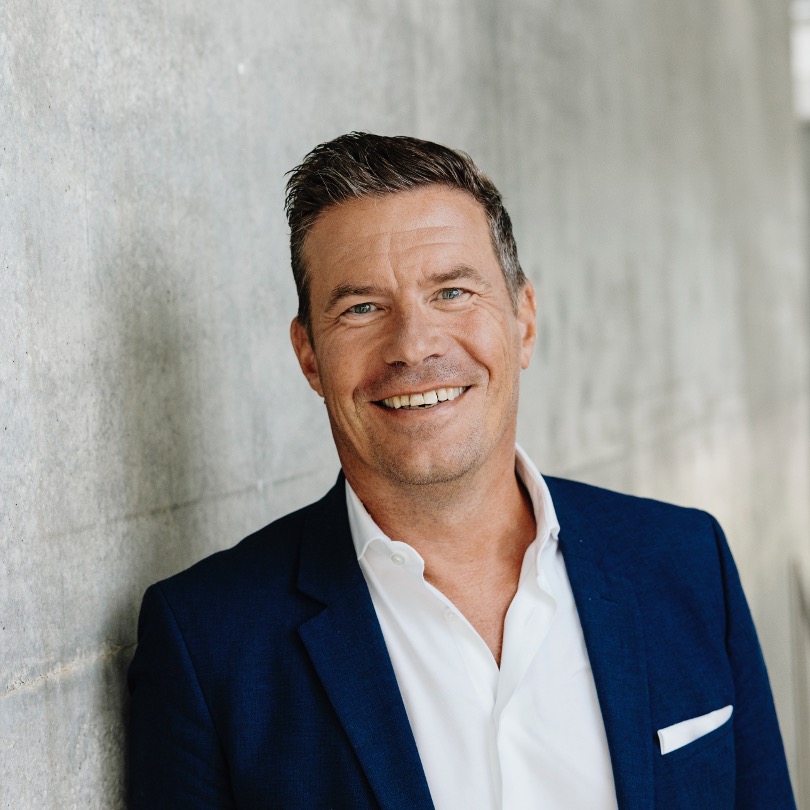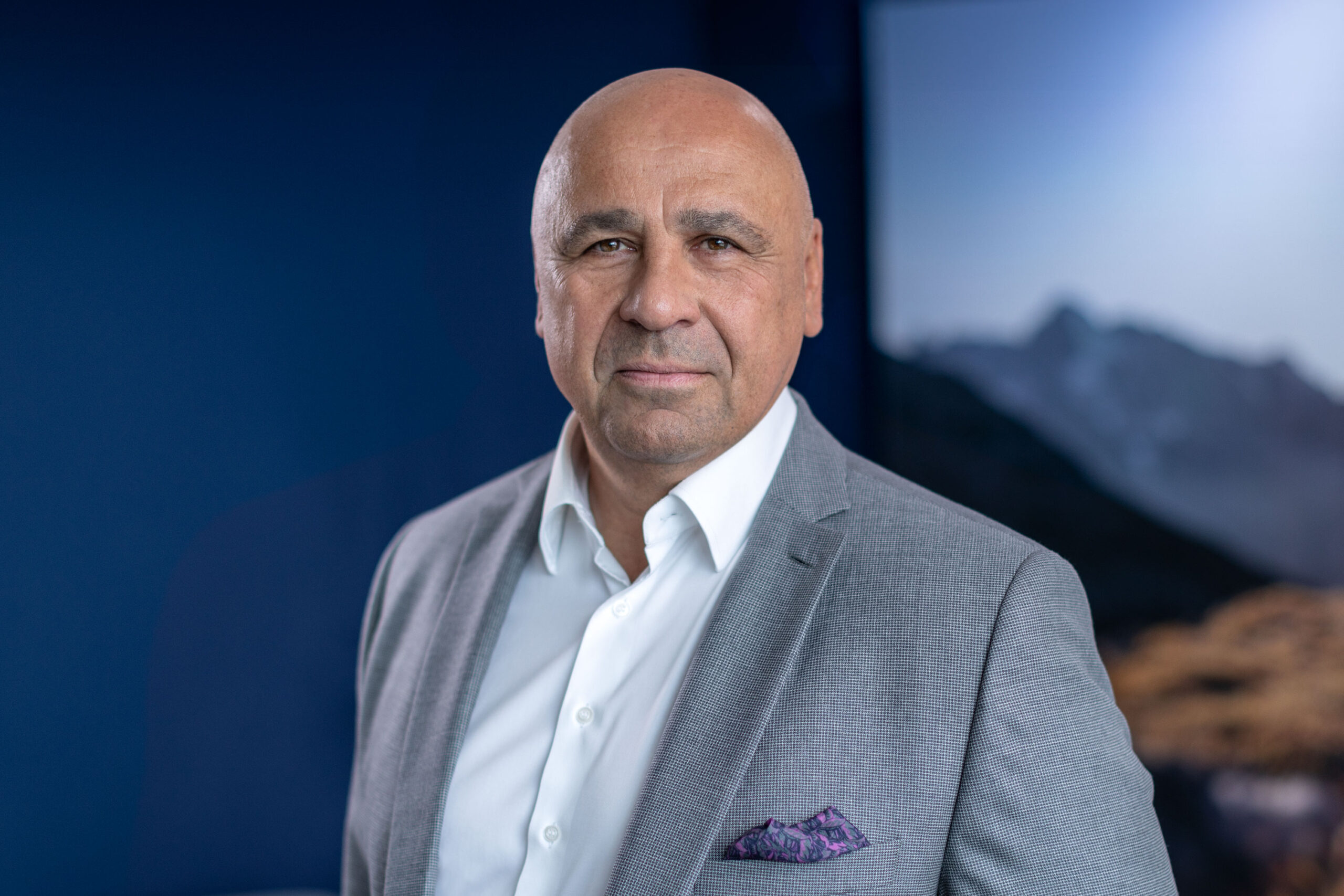by Dr. Saul Miller
Right Focus: It’s been said, “Only with focus can you create world class results no matter how talented you are.” Positive focus is especially important in challenging, changing times. I’ve observed repeatedly that talent is not enough. Many talented people never “make it”. And many determined individuals succeed beyond expectation because of their focus and commitment. A popular sport quote is, “Hard work beats talent when talent doesn’t work hard.”
Positive focus refers to having positive goals, creating a plan, knowing your strengths, and working diligently and purposefully to achieve what you aspire to. A metaphor I use to describe how the mind operates is to think of it like an amazing computer, processing tens of thousands of thoughts and feelings each day. If what you are thinking/focusing on isn’t positive, supportive, or doesn’t feel good to you, change the program. You’re the boss. It’s your computer. To be successful it’s imperative to run positive programs on your super computer. Positive programs are comprised of positive thoughts, and high-performance imagery. Imagine what you want to create: See it, feel it, believe it, make it your success blueprint, and then as Nike says, “Just do it.”
Setting a goal is like planting a seed in your consciousness. You nurture that seed with your thinking and imagery. However, if your thinking/self-talk is negative, (e.g., “No way, “This is too hard”), if the images you run through your mind are stressful and negative, then you are destroying the life force in that goal seed. Be supportive. Create a positive mindset.
Positive focus then, is defining what you want to create. Goals should be clear, meaningful, and challenging. It’s knowing your strengths, working the plan purposefully, diligently, thinking “Yes I can,” imagining yourself performing well… and loving the challenge.
Right Feeling: Love and fear are core human emotions. Love generates power, while fear causes tension, contraction and dis-ease. In these challenging, changing times, fear abounds. Learning to manage your emotions is a key to quality performance and well-being. Find the level of emotional intensity that supports you and your optimal performance. If your emotional intensity is too low key, raise the engage. Alternatively, if you are pressing too hard, smooth it out. It’s like driving a car, if you are driving too slowly to arrive on time, step on the accelerator and pick up your pace. What is more of a problem with many of my high-pressured clients is that their foot is stuck to the floor, they are pressing too hard, forcing issues, and stressing. In so doing they are reducing their performance and well-being. Indeed, poor emotional management can reduce energy efficiency, vision, and skill.
The best way to manage emotion is with supportive self-talk and conscious breathing. Conscious Breathing is a technique I introduce to all my clients. The procedure is as follows. A. Sit quietly and tune into your breathing rhythm, (watch the breath come in… and watch the breath go out. Experience your normal breathing rhythm. B. After a minute or two imagine there is energy all around and that with each in-breath you are drawing energy to you. C. Now direct that energy first through the body: by imagining/allowing energy to flow down the arms into the hands, next down the legs into the feet, and finally up the spinal column into the head and eyes. After several minutes when you have a sense of smooth rhythmical breathing and the feeling of energy flowing to you and through you… then imagine expressing that energy out into the arena in which you perform.
Consider a baseball pitcher who wants to throw the ball with accuracy and force. The ball has no energy of its own. Its energy comes from the pitcher. The better the pitcher is at managing his energy and emotions, the more control he has over where the ball goes. A salesperson is not pitching baseballs. Rather, he/she is “pitching” concepts and the same principle applies. The more effectively you can manage your energy and emotions the more effective you will be at communicating your message.
People under pressure frequently experience anxiety, negativity and frustration. Anxiety is primarily worrying about the future, “What’ll happen if….”, frustration is primarily upset about the past. Negativity lives with both. The ultimate power to excel is in the present: in the now. The way to the present is with this breath. Then, it is with the next breath. The breath is like waves in the ocean… and you can always tune into the waves. Much of mindfulness training, popular in business circles is breath-centered and teaches people to be in the present, to be with the breath, to note and release anxious, tensing, pressuring and negative thoughts and emotions, thus enabling them to act with more efficiency and ease.
As mentioned, love and fear are primal emotions. Self-love is allowing yourself to be great. The easiest was to love yourself is to take a breath and draw energy to you… and then introduce supportive (positive) thoughts and images.
Right Attitude: Attitude is a matter of choice. Commitment and confidence are two key attitudinal qualities. Commitment is the willingness to do what you have to do to achieve your goal. That is, are you willing to pay the price? Here’s my coaching tip on attitude: if the goal is to be the best you can be, then you have to “use” whatever comes up. If you don’t „use it“, it can „use you„. For example, if you are performing well (at whatever the task), use it. Acknowledge yourself. Use the positive experience to reinforce a positive sense of self. If you’ve performed poorly, „use“ that experience to improve your process. If you are truly committed to being the best you can be, then „using it“ is your only choice. Winners „use“ everything. Losers let it „use“ them. (They think, I’m not OK, good enough, or capable). Mental toughness is the ability to “use it” under pressure.
Confidence: is another key to consistent high-level performance.
Three things build confidence. One is success. Plain and simple, doing well builds confidence. Preparation is another important confidence builder. Think about it. Being in good physical health supports confidence. Being technically sound (that is, knowing and mastering the elements of your job) builds confidence, as does being mentally prepared (being clear, positively-focused, and emotionally balanced, what we are talking about in this article, builds confidence).
An all-star pro athlete explained that the key to his team’s success was the idea of separation by preparation. He said, “the way we prepare is what separates us from others.” It’s a brilliant ethic because you can separate yourself up… or separate yourself down simply by the way you prepare.
Choose to separate yourself up. Be someone who has made the commitment to being prepared.
A third thing that builds confidence is a strong positive sense of self. How you see yourself can help you be effective, be consistent, and weather the inevitable storms with less emotional stress. Know you are a good person and a good “player”. Remind yourself regularly with positive self-talk and positive imagery.
One last thought about love. Again, love is power. Love the challenges you face. Love climbing the mountains in front of you. And love yourself in the process. I wish you all good health and much success.
Dr. Saul L. Miller is one of North America’s leading performance and sport psychologists. His expertise is performance and productivity enhancement and helping his clients deal effectively with pressure, stress, and change.
In sport, Dr. Miller has worked with teams in Major League Baseball, the National Football, Basketball and Hockey leagues, with PGA Tour golfers and Olympians from the USA, Canada, and Europe in over twenty dozen different sports. In the 7 years he has consulted with professional hockey in Switzerland his teams have won 4 championships and went to 2 league finals. Not surprisingly the Swiss press labeled him “Meistermacher.”
In business, Dr. Miller’s clients span management, manufacturing, sales and service in a diversity of industries, including: financial services, technology, insurance, energy, construction, automotive, and health care.
Dr. Miller is the author of eight books including: Performing Under Pressure: Gaining the Mental Edge in Business and Sport and Why Teams Win: 9 Keys to Success in Business, Sport and Beyond.
A graduate of McGill University and the Institute of Psychiatry, University of London (PhD Clinical Psychology), his work reflects his study of Eastern disciplines, Western psychological thinking and over 35 years of front line experience consulting with the world’s top performers.







